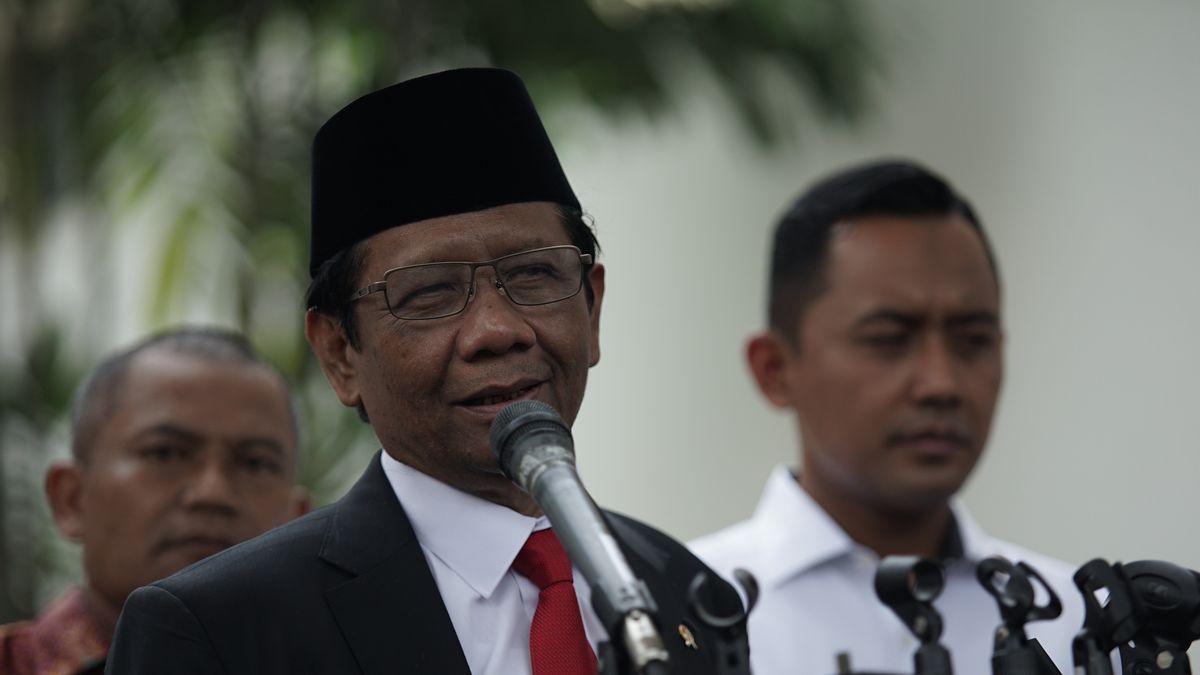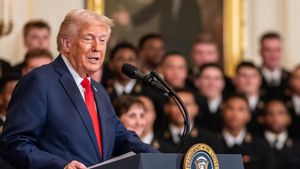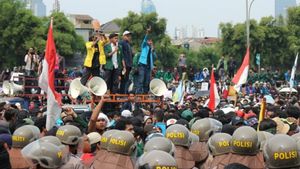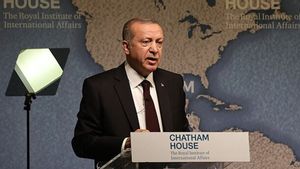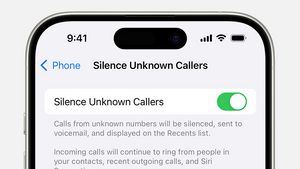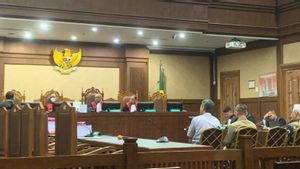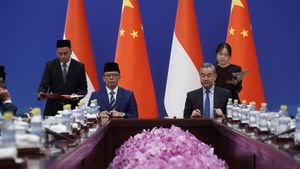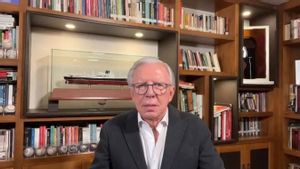JAKARTA - The government has confirmed that it will prohibit the public from carrying out Eid prayers in mosques or in the field in congregation in the midst of the COVID-19 pandemic.
Coordinating Minister for Political, Legal and Security Affairs (Menkopolhukam) Mahfud MD emphasized that the ban was carried out on the basis of the regulation of the Minister of Health (Permenkes) Number 9 of 2020 concerning Large-Scale Social Restrictions (PSBB).
"In short, massive religious activities such as congregational prayers at mosques or Eid prayers in the field are among the activities prohibited by Permenkes No.9 of 2020," Mahfud said in an online press conference broadcast on the YouTube account of the Presidential Secretariat, Tuesday. , 19 May.
This prohibition, he said, is also regulated in Law Number 6 of 2018 concerning territorial quarantine. Because, in this regulation, said Mahfud, there are rules that prohibit activities that cause crowds to gather and crowd.
"The government strongly requests that these provisions are not violated," said Mahfud.
The former Chief Justice of the Constitutional Court also said that the government would invite other parties such as religious organizations, religious leaders and community leaders as well as the Regional Leadership Coordination Forum (Forkopimda) to disseminate the ban.
"(Inviting) to ensure that the congregational prayer crowd is part of what is prohibited in the laws and regulations," he said.
"Not because of the prayers, but because it is part of an effort to avoid the COVID-19 disaster which is a national non-natural disaster which applies based on a government decision," Mahfud added.
Eid prayers outside the home have a significant impact on the increase in the number of positive cases
Minister of Religion (Menag) Fachrur Razi some time ago said that his party had issued an appeal in welcoming the Eid Al-Fitr. One such appeal is to pray Eid al-Fitr at home and Eid at home only.
The policy for the Idufitri prayer also considers the RO rate in Indonesia which is still high, namely 1.11. So, there will be no relaxation or easing of the rules for preventing COVID as long as the number has not fallen below 1.
In addition, this policy was taken after hearing input from the State Intelligence Agency (BIN). Fachrur said, if people continue to insist on praying Eid al-Fitr outside their homes, namely in the field or in mosques in congregation in the midst of the COVID-19 pandemic, it is not impossible that there will be a significant increase in the number of positive patients.
"The intelligence prediction says that if we pray outside where hundreds, thousands of people gather and gather together, there will be a significant spike in transmission, COVID-19," said the Minister of Religion.
So, he asked the public to comply with the prohibition conveyed by the Minister of Political, Legal and Security Affairs Mahfud MD. Moreover, this prohibition has been explained in Law Number 6 of 2018 concerning Territorial Quarantine.
"All of us should obey religious activities and restrictions on activities in public facilities in accordance with Law Number 6 of 2018 concerning health quarantine," he said.
MUI has issued a fatwaPreviously reported, the Indonesian Ulama Council had issued a fatwa containing provisions for Eid prayers at home, both in congregation and alone.
Through the MUI Fatwa Number 28 of 2020 concerning Guidelines for Kaifiat Takbir and Eid prayers during the COVID-19 pandemic, it is stated that this prayer is the law of repulsion or highly recommended. This prayer is performed in congregation in the field, mosque, or prayer room.
However, in the midst of a pandemic like now, the MUI fatwa explains that prayers in the field, mosques and prayer rooms can be done if the area is safe from the spread of the corona virus. This is indicated by the decline in transmission rates and supported by the policy of easing activities that allow crowding to occur.
If this does not happen until Eid al-Fitr, people in the area can pray in their homes.
"Eid al-Fitr prayers may be held at home in congregation with family members or alone, especially those in areas where the spread of COVID-19 has not been controlled," MUI said in the fatwa.
Prayers at home or in mosques, for areas that are considered safe, still have to implement health protocols to prevent potential transmission by shortening prayer readings and carrying out sermons.
The minimum number of people who wish to pray in congregation at home is also regulated, namely four people, with details of 1 imam and three congregations. For example, this number is not sufficient, then congregational prayers are still permitted and sermons are not obligatory if no one is able to do them.
The English, Chinese, Japanese, Arabic, and French versions are automatically generated by the AI. So there may still be inaccuracies in translating, please always see Indonesian as our main language. (system supported by DigitalSiber.id)
